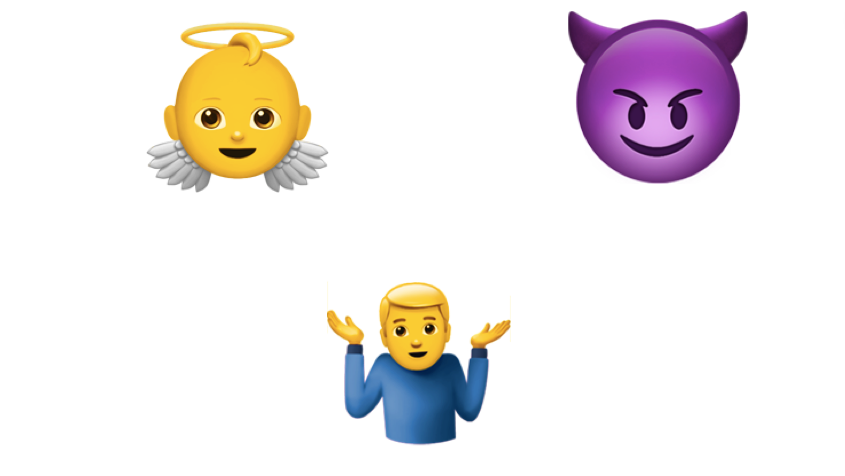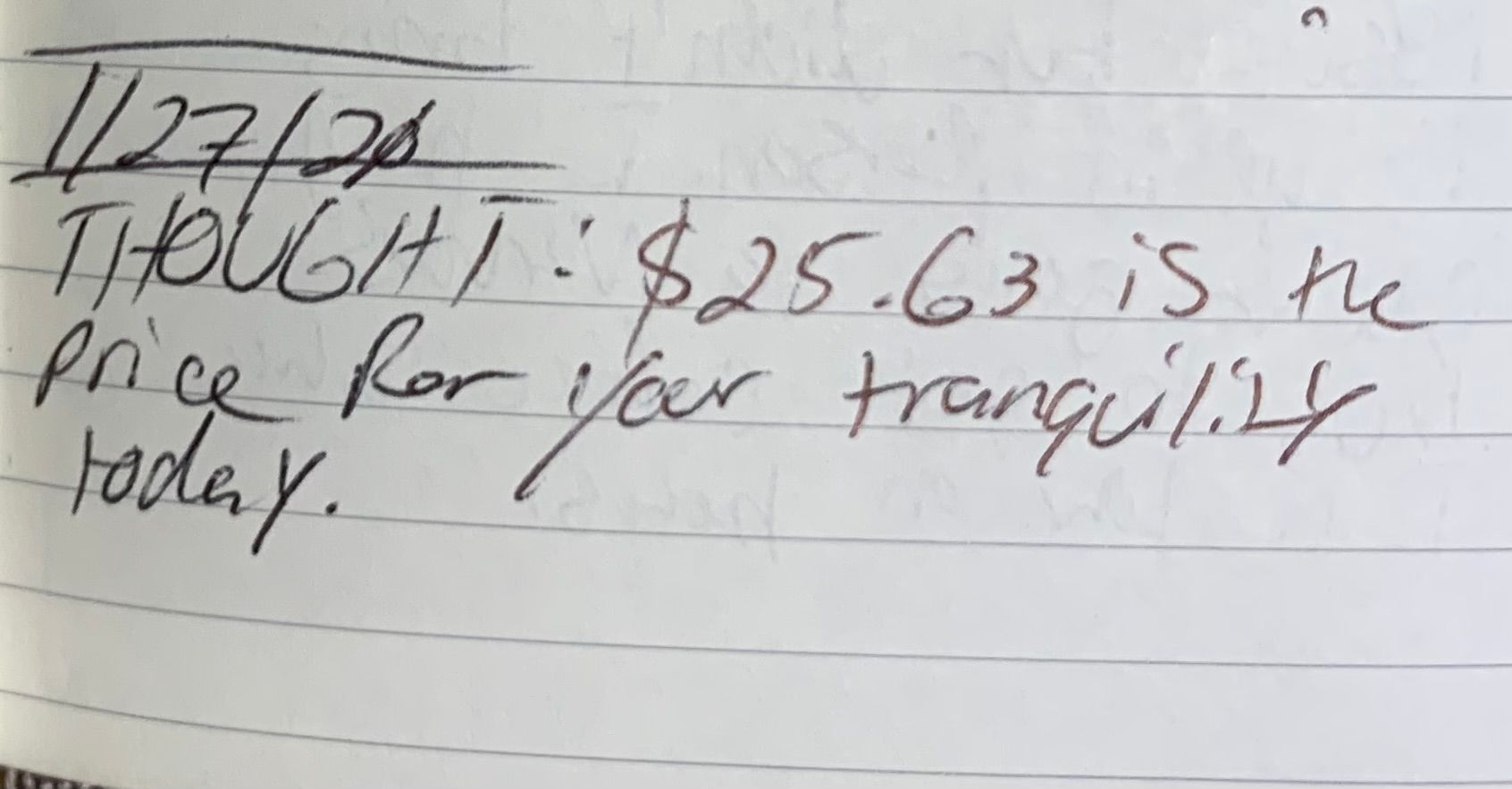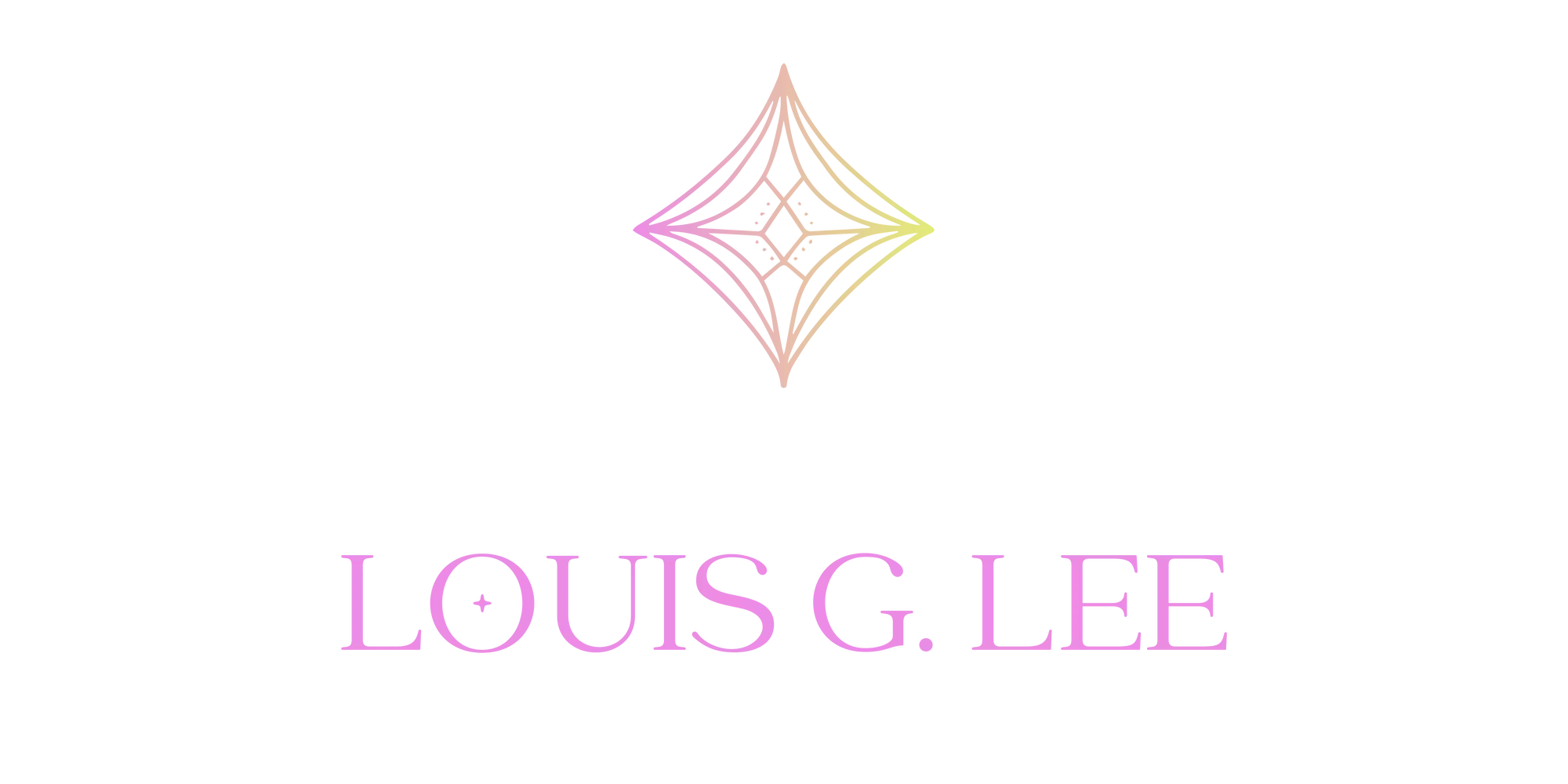Life is too Short to be Angry

"Did I just hear you yell 'You idiots!' at the computer ?" My wife asked me as I checked my email.
I've dealt with anger recently, so this post is a selfish one to help me get to a healthier perspective.
The world too large for one person to comprehend. Our brains compile relevant information and creates a story out of it.
As Byron Katie says, we only do three things in life: Sit down, stand up, or lay horizontally. Everything else is a story.
My Grandfather taught me, "Forgiveness is for you more than it is for the other person." I didn't fully comprehend why Grandpa's statement was profound until I realized forgiveness is the part of the story where you move on and create the space for a better perspective.
Be grateful for what's in front of you. Everything else is a story. The election results is a story. The prices of oil are a story. What Ellen DeGeneres told her employees is a story.
The choices we make create our reality, not pondering the choices of others. Life may bring us situations we'd rather not have happen and the reality of challenging situations is not our choice. However, it is our choice of how we're going to relate to what's going on in the most helpful way.
Borrowing from Epictetus:
“If someone in the street were entrusted with your body, you would be furious. Yet you entrust your mind to anyone around who happens to insult you, and allow it to be troubled and confused. Aren't you ashamed of that?” How to be Free
The outside world and its people have too many variables and are too volatile to outsource your internal well-being to the whims of its sway.
Physically we will fight tooth and nail when our bodies become threatened, but when it comes to our mind, the influence of social conditioning weaken our mental integrity. Please noticed there is grit in integrity.
The principles I share here are simple, however they are not easy.
Many conversations I've had with friends and family on mental fortitude ended with someone telling me, "Yeah, but that's hard."
I believe life is hard. But, I also believe we are life. Therefore we are to deal with life's challenges with the raw material life gives us.
The Buddha taught us life is suffering and suffering is the result of desire. He didn't tell us good vibes only.
Jesus told us "Do not suppose that I have come to bring peace to the earth. I did not come to bring peace, but a sword." Matthew 10:34. He didn't tell us life is a beach so play in the sand and hope for the best.
Real spiritual growth isn't always fun and doesn't stay in a library. Instead, growth is often boring and rubs up against a hard world. When in a hard situation, we must grab any fruit available.
At times anger fits the bill, but often it's less valuable than choosing persistence, positivity, and forgiveness.
. . . tell yourself: "This is the price one pays for not getting worked up, the price for tranquility. Nothing comes free of charge." - Epictetus
Anger is not free. As an American in a capitalistic society, we measure impact in monetary terms. Stealing from Epictetus, I like to write down what I'm giving up to get a mind with less stress:

If we can choose an alternative to anger, what should that choice be? Don't get angry, get educated.
I don’t criticize, I learn.
— louislee.net (@_Louis_Lee) December 9, 2021
I don’t condemn, I learn.
I don’t constrain, I learn.
I don’t complain, I learn.
I don’t blame, I learn.
I don’t shame, I learn.
Truth is my god. Learning is my religion.
A universal and timeless principle for challenging situations is the ability to learn from it. Learning is a choice outside the option of anger.
When angry at someone, I work to put myself in their shoes. If in a conflict where agreement isn't an option, I often say, "If I were you, I'd think the same exact way." At the most literal sense of the phrase, if I were that person with all their life experiences and intricacies, I'd have no choice but to see the world the exact same way they do.
Acknowledging their point of view doesn't mean their worldview is right, it only means their worldview is a reality. Influencing a person's worldview cannot begin without acknowledging the reality of their current position and what led them to their perspective in the first place.
In the intrest of learning, it's helpful to give ourselves and others room to make mistakes ahead of time. It's most productive to set a default expectation that nothing goes as expected. We must account for what we don't know and create a margin for learning.
For example, if you're ten minutes away and someone calls to see when you'll show up, tell them you'll be there in twenty minutes. If you need something from someone by the 12th, request it by the 10th to give room for edits. When (not if) something goes wrong, take a step back to create the space to ask what can we learn from this?
To make a mistake is human. However, not learning from mistakes and getting better is a missed opportunity. And with the limited time we have in life, we must take every opportunity to get better while we can.

